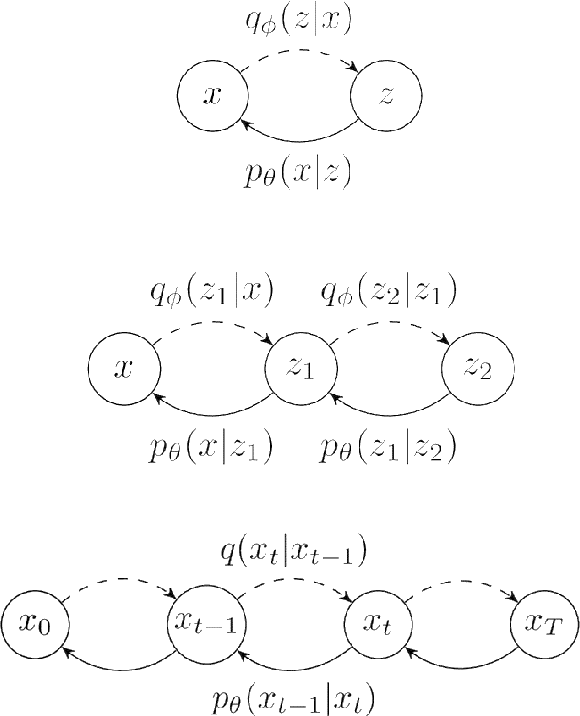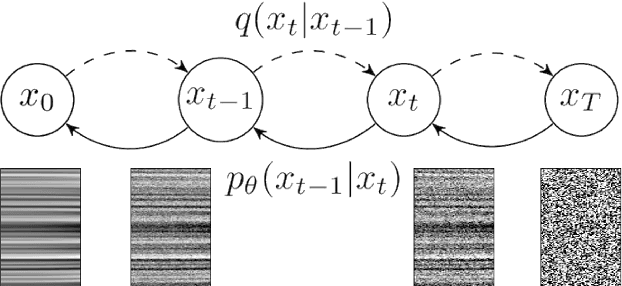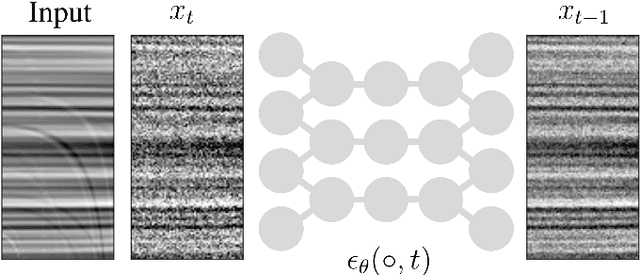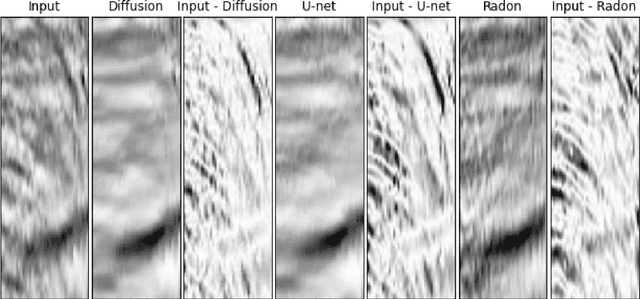Mario Fernandez
Deciphering the Definition of Adversarial Robustness for post-hoc OOD Detectors
Jun 25, 2024



Abstract:Detecting out-of-distribution (OOD) inputs is critical for safely deploying deep learning models in real-world scenarios. In recent years, many OOD detectors have been developed, and even the benchmarking has been standardized, i.e. OpenOOD. The number of post-hoc detectors is growing fast and showing an option to protect a pre-trained classifier against natural distribution shifts, claiming to be ready for real-world scenarios. However, its efficacy in handling adversarial examples has been neglected in the majority of studies. This paper investigates the adversarial robustness of the 16 post-hoc detectors on several evasion attacks and discuss a roadmap towards adversarial defense in OOD detectors.
Deep Diffusion Models for Seismic Processing
Jul 21, 2022



Abstract:Seismic data processing involves techniques to deal with undesired effects that occur during acquisition and pre-processing. These effects mainly comprise coherent artefacts such as multiples, non-coherent signals such as electrical noise, and loss of signal information at the receivers that leads to incomplete traces. In the past years, there has been a remarkable increase of machine-learning-based solutions that have addressed the aforementioned issues. In particular, deep-learning practitioners have usually relied on heavily fine-tuned, customized discriminative algorithms. Although, these methods can provide solid results, they seem to lack semantic understanding of the provided data. Motivated by this limitation, in this work, we employ a generative solution, as it can explicitly model complex data distributions and hence, yield to a better decision-making process. In particular, we introduce diffusion models for three seismic applications: demultiple, denoising and interpolation. To that end, we run experiments on synthetic and on real data, and we compare the diffusion performance with standardized algorithms. We believe that our pioneer study not only demonstrates the capability of diffusion models, but also opens the door to future research to integrate generative models in seismic workflows.
 Add to Chrome
Add to Chrome Add to Firefox
Add to Firefox Add to Edge
Add to Edge